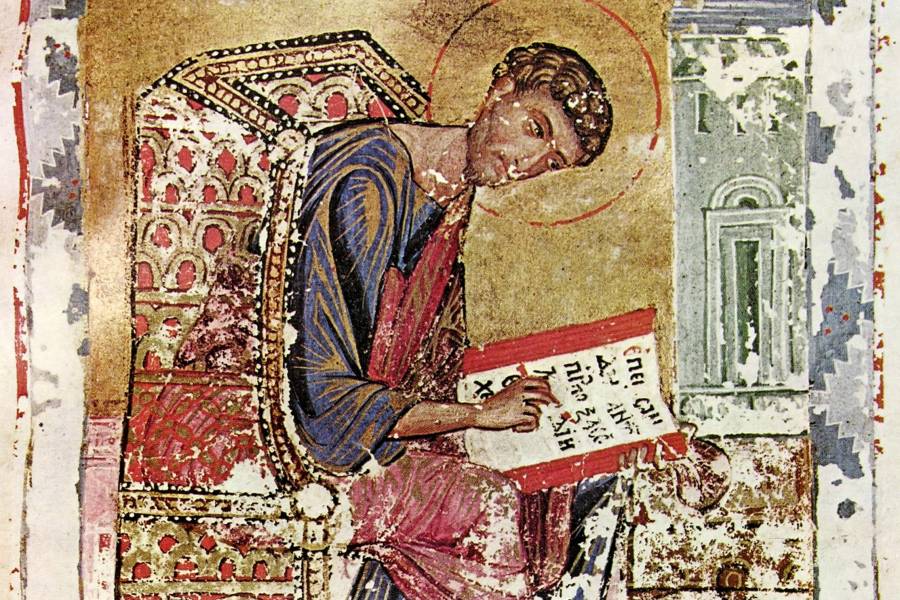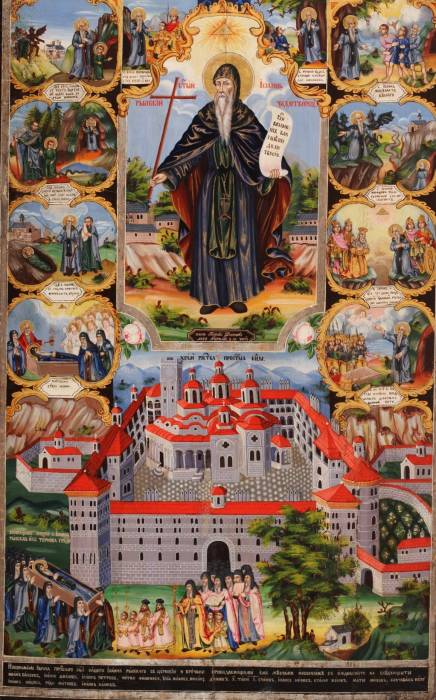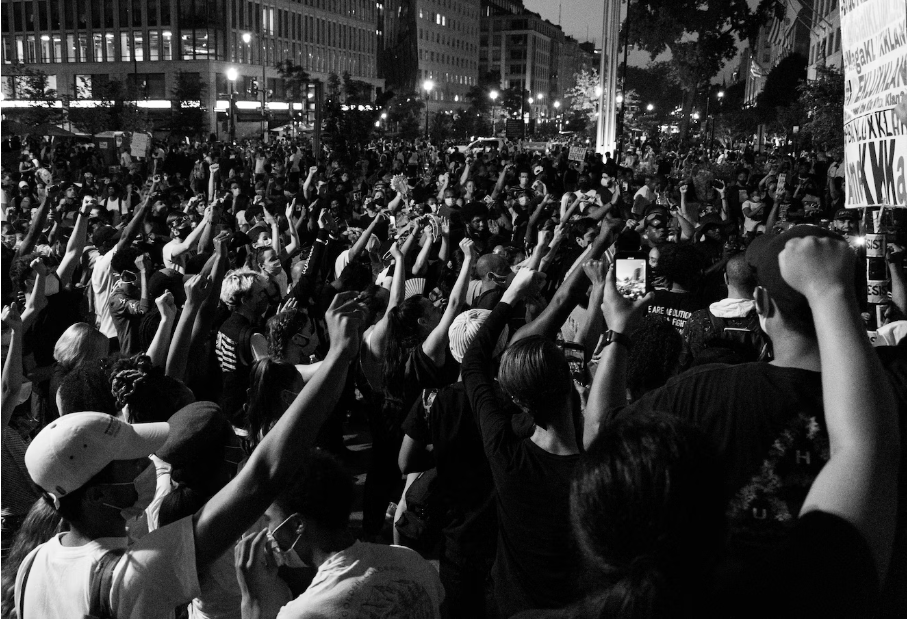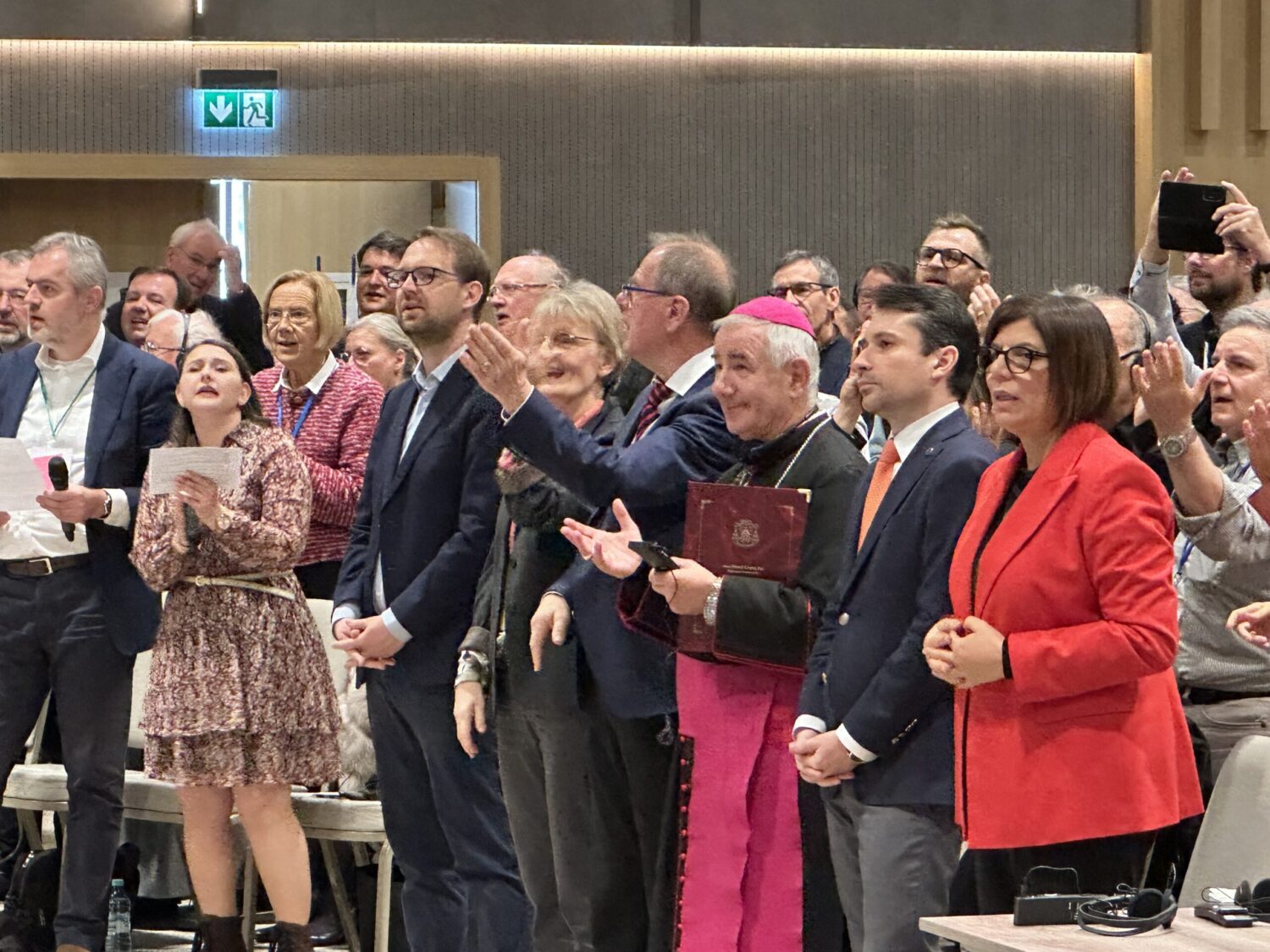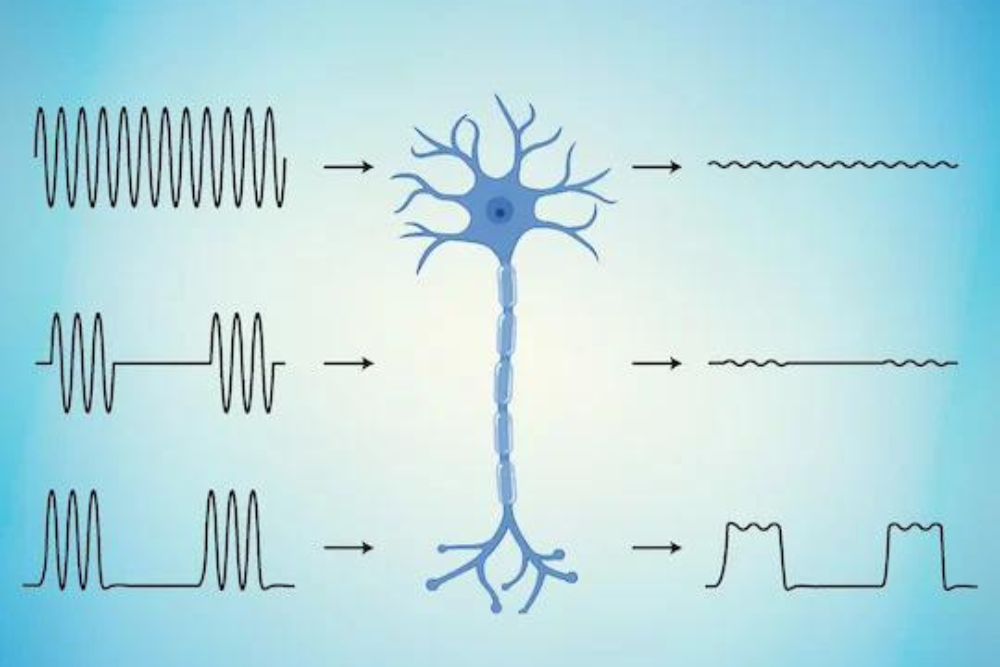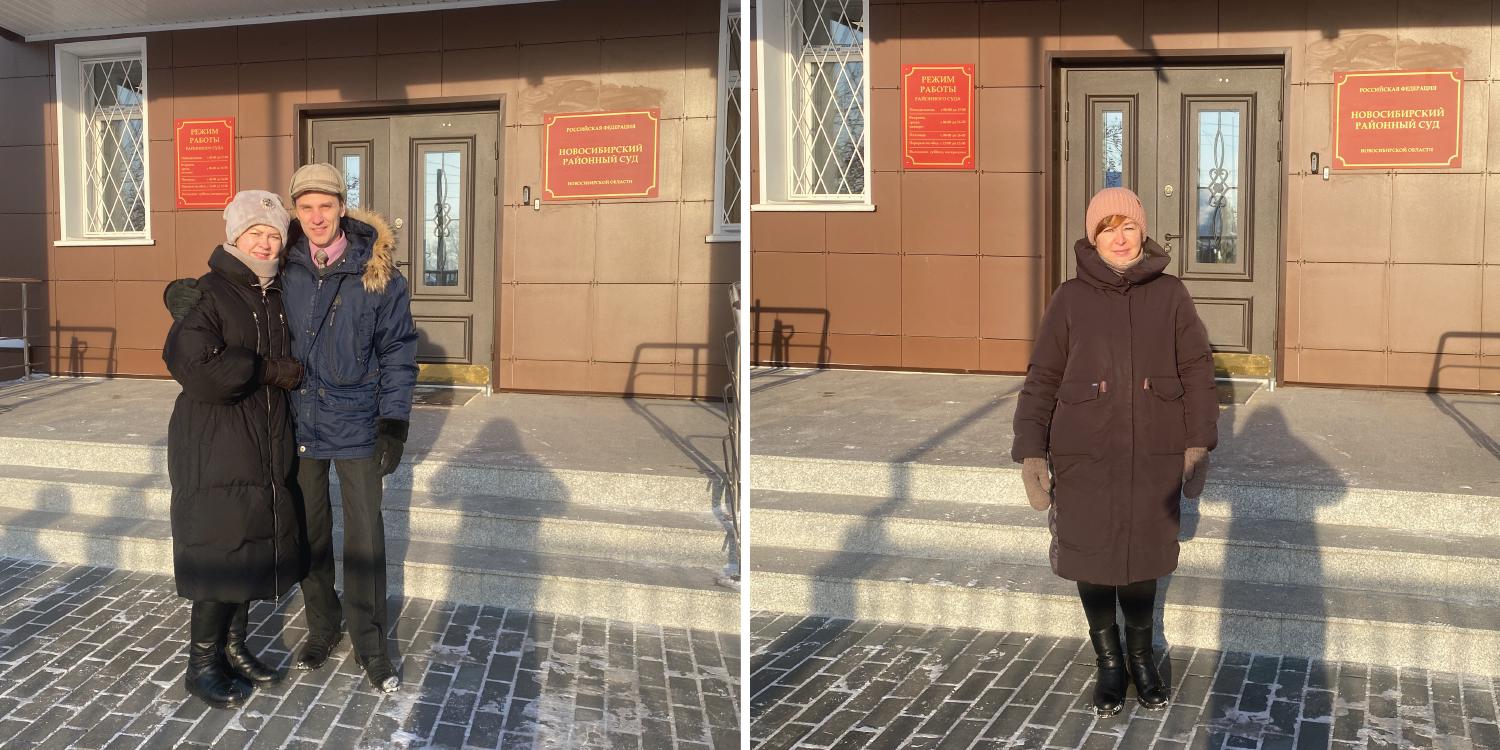Five abbots of Athos monasteries (Xiropotam, Caracal, Dohiar, Philotei and Constamonite) and nearly ten of monasteries in Greece sent an open letter to the Greek government, in which they want the exchange of old identity cards with new ones not to be mandatory, but that Greek citizens they can also use their old paper ID cards. The reason is the upcoming change of the identity cards of Greek citizens, which will now be digitized, in accordance with the identity documents of European citizens. The introduction of a personal identification number, of the type known in our country as the EGN, is also pending, which is new for Greece.
Among the arguments of the abbots is the fear that the concentration of personal data bases for citizens, with the help of new technologies, creates a risk of limiting democratic freedoms and is a prerequisite for a future global totalitarian system of control over people, such as the antichrist will use. The clergy believe that freedom is a supreme and inalienable right, and democratic values are essential elements of a healthy society.
The letter specifically states:
“Modern achievements in the field of digital technologies reveal the greatness of man, but at the same time show his tragedy when, autonomous from God, he abuses them and uses them not for his own good, but for his own self-destruction.
We know that nowadays the international political scene is shaped by world markets, in the absence of nations. And we also know that these markets are not based on moral values or principles, but only on economic interests or other aspirations.
Therefore, many citizens rightly fear that the enormous power of digital information will be used in the future to limit their personal freedoms, to control their private lives and to gradually establish a global totalitarian system. Such a tyrannical system will one day be used as an infrastructure by the Antichrist – according to the prophecy of the Apocalypse – to impose his global domination.
Since liberty is a supreme and indisputable good, since democratic values are essential elements of a healthy society, and since, finally, we do not wish in the least to assist the imposition of any tyrannical power, we declare, as humble monks of The Holy Church of Christ and as free Greek citizens that we do not agree and oppose the mandatory nature of the electronic identity card and the personal identification number and want them to be optional. We also disagree with the methodical elimination of cash and the evolving unification of databases with personal data of Greek citizens. All these interrelated issues – elimination of cash, unified databases, personal identification number, electronic identity card – inevitably lead to total control over the economic and social activities of citizens.
The state, faithful to the principles of democracy and the rule of law and respecting the freedom of all citizens without exception, must always support alternative means of identification and access to services or goods. In any case, it must also effectively protect citizens from misuse of digital information, effectively guaranteeing their privacy and all their individual rights and freedoms.
In this light, we hope that the Greek government will listen to our legitimate concerns expressed in this document, listen to us and not limit our constitutionally guaranteed freedoms with the upcoming adoption of the presidential decree on the personal identification number. On the contrary, we want to believe that in a democratic spirit it will make the necessary legislative adjustments to respect our well-reasoned positions. However, in the unlikely event that our positions are ignored in the issued presidential decree, we will issue a new position statement outlining our further position based on the rights that our country’s Constitution grants to every Greek citizen.
Finally, we recommend our believing brothers and sisters who are rising in the world not to rush to get the new identity cards and personal identification number, but to exhaust all available deadlines. At the same time, let them protest by all appropriate and legal means, with coordinated movements and interventions, so that obtaining these cards becomes optional.
Furthermore, as far as proving their identity is concerned, let them use conventional means of identification, avoiding the relevant digital ones (eg smart applications like Gov.gr Wallet), knowing that the following provisions also apply: 1) According to the provisions of Law 3731/2008 (art. 25) the offices for the processing of administrative procedures are obliged to accept as a means of identification also the passport or the driver’s license. 2) According to a decision of the State Council (1602/2021, section D), even if 15 years have passed since the issue of the old ID card, it is considered a valid document and the competent services must accept it, provided that there are no reasonable doubts about its authenticity.
These are undoubtedly apocalyptic times. So let’s not be complacent. Let us acquire the “good anxiety” about what is happening around us. Behind the promised conveniences of the modern digital society lie the shackles of an illiberal system. Is there any benefit capable of compensating for the loss of liberty for which rivers of blood have been shed in our blessed country?
Our times require us to live our Christianity vigorously and truly, with spiritual vigilance, repentance and prayer to acquire the “mind of Christ” so that we can recognize the signs of the times and the way we should act. Let us cultivate the martyrdom and asceticism of our Church. Let us learn to use the electronic media with moderation, prudence and discernment. Finally, let us be willing to sacrifice, when necessary, not only the comforts of the digital world, but also our own lives to profess our allegiance to the Triune God.
The life of the whole world and of every single human being is in God’s hands. He, who daily cares for the birds of the air and the lilies of the field, does not cease lovingly to cover all His children with His good providence. We are confident that in the present circumstances, as well as in any other upcoming difficulty, “he will not suffer you to be tempted beyond your strength, but with the temptation he will also make a way out, so that you can endure” (cf. 1 Cor . 10:13)”.



